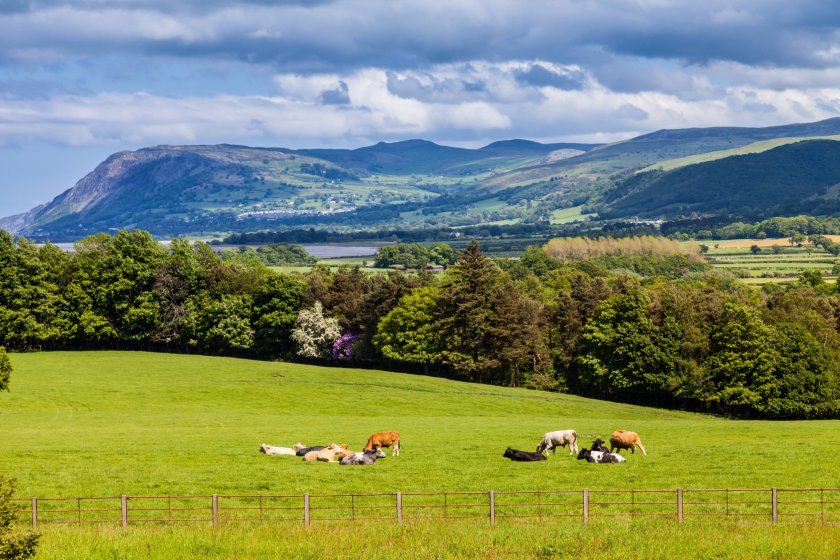Wales' post-Brexit farming scheme 'risks reducing 122,000 livestock units'

An impact assessment has found that Wales' new post-Brexit farming scheme risks reducing 122,000 livestock units, representing a 'shocking' 11% fall.
The assessment, which was commissioned by the Welsh government, examined the impact of its Sustainable Farming Scheme (SFS) proposals.
Based on the potential economic effects of the previous 2022 outline proposals for the SFS, the modelling predicts a near 11% fall in livestock numbers.
There would also be an 11% cut in labour on Welsh farms – the equivalent of losing 5,500 jobs based on current employment levels on farms.
A £125.3m hit to output from the sector is also forecast, as well as a loss of £199 million to farm business income (85%).
The research was carried out by ADAS, Scotland's Rural College (SRUC) and the University of Dublin.
Responding to the figures, NFU Cymru warned that the data paints a 'shocking scenario' for Welsh farming.
The union's president Aled Jones said: “It is hugely concerning to read that Welsh government’s own impact assessment illustrates such damaging consequences for the industry.
“Whilst this model makes a number of assumptions - including a projected 100% uptake of the scheme by Welsh farmers - these findings are, nevertheless, shocking to read.
"Even though this modelling relates to the 2022 proposals, given that the fundamental elements of the scheme have barely changed, the significant concerns held by the industry in relation to this impact assessment remain entirely valid."
There are also weaknesses within the report, as the wider impact on rural businesses and subsequent employment levels were been modelled.
Many of the proposals that led to the damaging economic impact assessment are still contained in the latest consultation on SFS.
Industry bodies such as NFU Cymru have long warned of the impacts of some of the proposals contained within the scheme, including the 10% tree planting and habitat requirements.
Mr Jones urged the Welsh government to 'listen' and to ensure that fundamental changes to the scheme were made to avoid the damage the report highlighted.
“This research only goes to further illustrate why there is such a high level of worry over the development of this policy," he added.
“NFU Cymru Council members were shocked upon being presented with these bleak figures last week. This data will send shockwaves through the industry and our wider rural communities."
Mr Jones said that the ‘shocking’ assessment provided further evidence that farmers must make their voice heard during the consultation period.
The Welsh government’s SFS ‘Keep Farmers Farming’ consultation closes for responses on 7 March.








